Research
Targeted Cancer Therapies
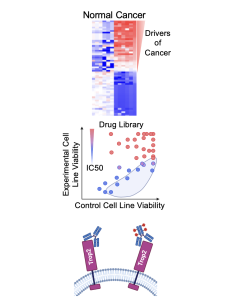
1) Small molecular inhibitors. The Stoyanova lab utilizes multiple approaches to develop new therapeutic strategies for late-stage cancers including the discovery and testing of new therapeutic targets and new small molecule inhibitors. Currently the lab focuses on prostate, breast, lung cancer, and neuroblastoma.
2) Small molecular inhibitor screening. The Stoyanova lab utilizes High-Throughput Screening (HTS) to identify new and selective small molecule inhibitors for metastatic epithelial cancers.
3) Antibody-based therapies for advanced prostate, breast, lung, and other epithelial cancers. The Stoyanova lab develops and tests antibody-based strategies as targeted therapies. We also construct new antibody-drug conjugates as a therapeutic strategy to deliver toxic agents to the tumor sites.
Combination Therapies for Cancer
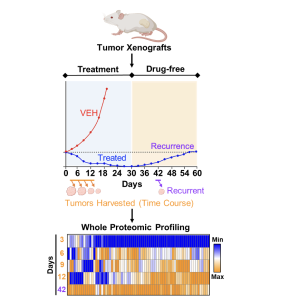
Combination therapies for advanced prostate and other epithelial cancers.
1) The Stoyanova lab is utilizing proteomic approaches to identify new druggable proteins upon treatment with therapeutic agents.
2) By defining new druggable targets, throughout treatment course, the lab designs combination and sequential therapies with multiple experimental agents with FDA-approved agents.
3) The goal of the sequential and combination therapies is to improve therapeutic responses and efficacy, which ultimately improves patient outcome and cancer-associated mortalities.
Molecular Mechanisms of Cancer
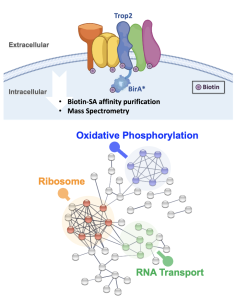
1) Search for molecular protein interactome. The Stoyanova Lab uses pulldown assay followed by proteomic strategies to identify new molecular binding partners and downstream signaling targets for drivers of advanced cancers.
2) Pathway analysis. The Stoyanova Lab utilizes various strategies, such as proteomic analysis and gene set enrichment analysis, to identify molecular pathways that are altered in advanced metastatic cancers.
3) Cell signaling cascades. The Stoyanova Lab utilizes multiple cell and molecular biology techniques to delineate cell signaling and molecular mechanisms underlying cancer initiation and progression.
Cancer Early Detection
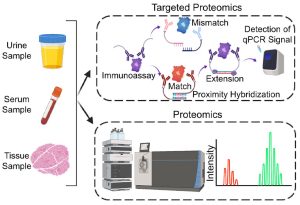
1) Discovery of protein-based biomarkers using targeted proteomics. The Stoyanova Lab utilizes multiplexed immunoassay or proximity extension assay to identify new specific biomarkers for cancer.
2) Discovery of protein-based biomarkers by proteomic profiling. The Stoyanova Lab is interested in the discovery and development of new tissue, blood, and urine-based biomarkers for clinically significant prostate cancer and other epithelial cancers.
3) The goal is to improve early cancer diagnosis and prognosis as well as to predict and monitor treatment responses to cancer therapies.
Imaging Modalities for Cancer
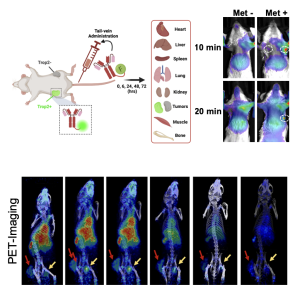
1) Optical imaging for surgical guidance. The Stoyanova Lab develops various targeted imaging agents such as antibody-conjugated to fluorescence dyes for tumor imaging and surgical guidance for precise excisions of metastatic lesions.
2) Imaging modalities for cancer. The Stoyanova lab develops new positron emission tomography (PET) imaging modalities for epithelial cancers to improve cancer detection and monitor treatment responses to cancer therapies.
